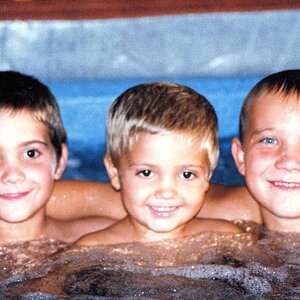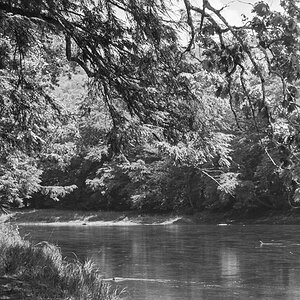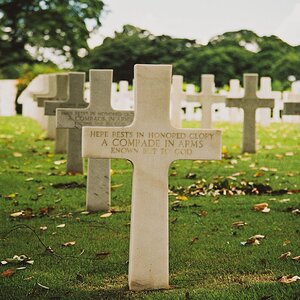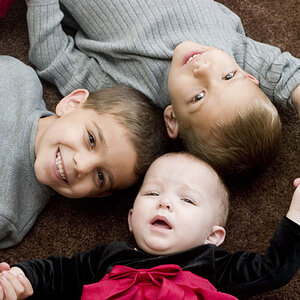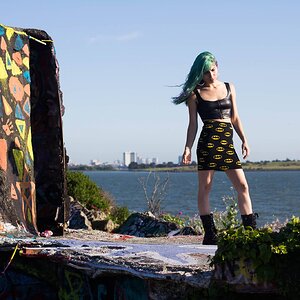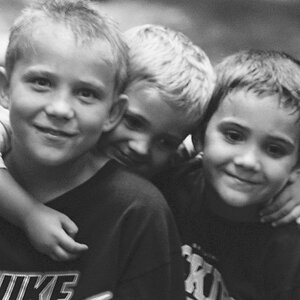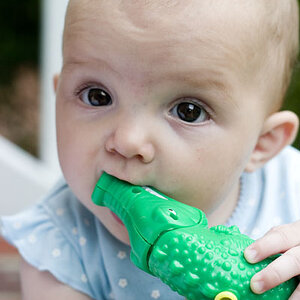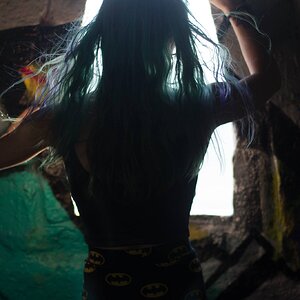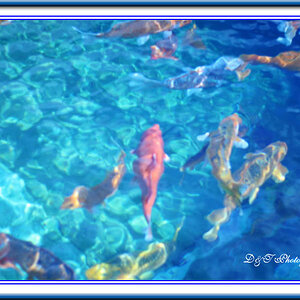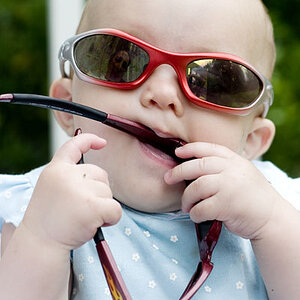shovenose
TPF Noob!
- Joined
- Dec 9, 2013
- Messages
- 41
- Reaction score
- 2
- Can others edit my Photos
- Photos OK to edit
So, here's the thing - will a more expensive camera (for example a D7100) consistently take better pictures than a more mid-range/budget DSLR like my(well, any) D3200, for example? Of course, hypothetically, the same person in the same situtation.
Will a more expensive camera let a beginner take better photos, or would a beginner be better off with something cheaper?
I'm not talking about myself, because I'm completely satisfied with my D3200, but I just am curious to see your thoughts.
All the best,
Michael
Will a more expensive camera let a beginner take better photos, or would a beginner be better off with something cheaper?
I'm not talking about myself, because I'm completely satisfied with my D3200, but I just am curious to see your thoughts.
All the best,
Michael


![[No title]](/data/xfmg/thumbnail/41/41928-733459df56e3fa2fe957f910305d4e37.jpg?1619739945)
